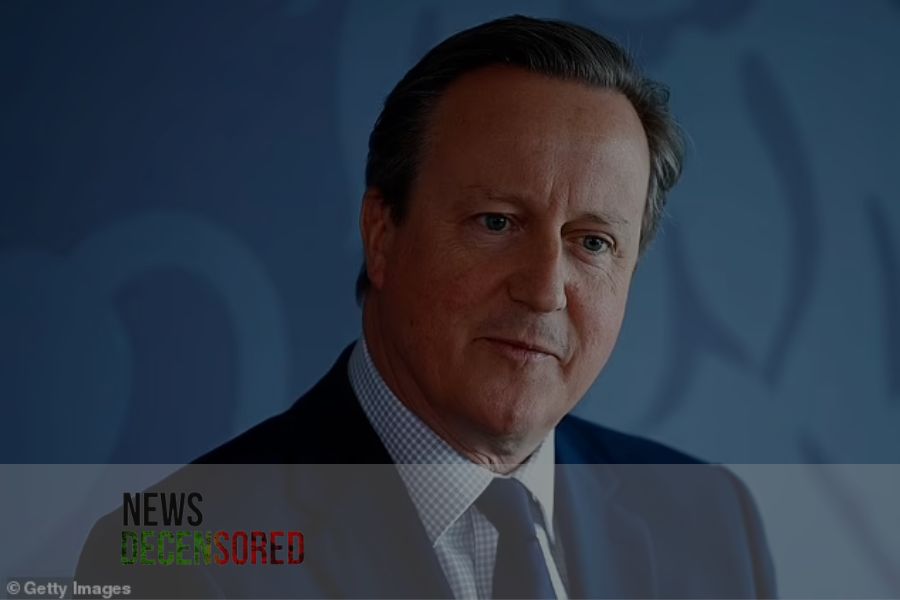The UK is unwavering in its defence of weapons sales to the state of Israel despite Biden’s heavy persuasion for a halt in the series. British officials, including Foreign Secretary David Cameron, have constantly stated that while the UK government is not supplying the weapons directly to the Israeli government, its role of licensing those sold by private companies should not be ignored.
Cameron stated further that the UK was not a direct supplier of Israeli arms. Still, however, he clarified that exports from the UK to Israel did comprise less than a percent of Israel’s total arms imports. Nevertheless, the critics, for example, Katie Fallon from CAAT, an anti-arms trade organisation, blamed the UK government for this stance and said that by doing so, it disregarded the interests of Palestinians in Gaza but also violated UK laws.
As a result, tensions between UK and Israeli arms exports escalated when President Biden mentioned that if the forces of Israel attacked Rafah, the supplies of American weapons would unlikely continue. Despite that, British officials have consistently claimed that BAE systems have a robust licensing regime and that they have the responsibility, so they take such seriously.
The British government received criticism from the members of the Parliament (MPs) after reading the media that the US delayed the delivery of the bombs to Israel. Stephen Flynn of the Scottish National Party MP raised a valid point: will the UK Government, in turn, initiate the changes?
In a comeback, UK Prime Minister Rishi Sunak noted that his government does not ship or supply arms to Israel other than in situations where it is legally obliged. Nevertheless, he said that the British government sends weapons to Israel, exceptionally qualified ones, using a strict process.
This narrowing gap was also the concern raised with the UK government in the UK in February about its arms exports to Israel. Despite claims that license restrictions were too relaxed and that the weapons themselves were shipped to Israel, the government confirmed that it had not sent exported arms to Israel. But it refused to reveal its information, having withdrawn some licenses labelled for suspicion.
Critics say that, although the UK figures officially show its arms exports to Israel to be 60 once, hidden figures may indicate a much more severe extent. This implies the factor of oblivion of open licenses, which conceal both the worth of the arms and the number being exported, is killing grounds. Moreover, they sustain that the role of the British-made constituents is critical to all of Israel’s military capacities by quoting the case of the British constituents, which are used in the F35 jet combat aircraft that Israel owns.
The UK government, although being vocal anti-arms campaigners and some MPs calling for the end of its policy on arms exports to Israel, announced that its recent review had found no good reasons to change course. Nevertheless, a recent process of the government did not acknowledge the latest episodes, for example, a recent World Central Kitchen convoy attack by Israel that killed the three British nationals.
In sum, the case of the UK supporting sales of defence equipment to Israel despite the surrounding circumstances highly depends on how the UK views private sales separately from arms transfers between countries. Others also emphasise this arranged silence as one of the deep faults the UK misses in participating in this sale system, and UK law suffers too.















